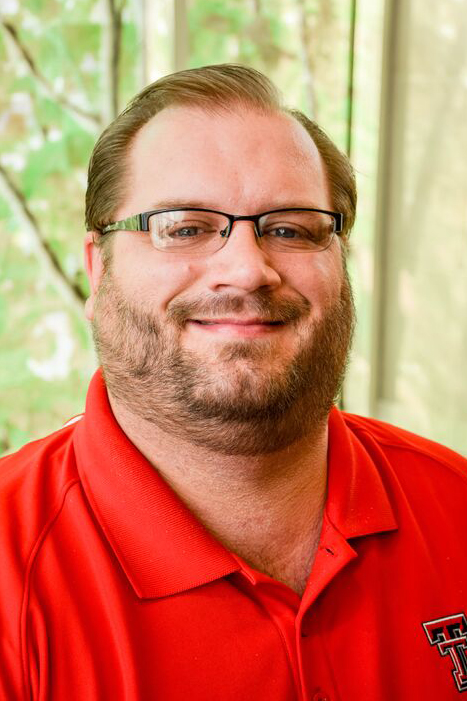The Texas Telehealth Outreach Clinic for Autism (TTOCA), a statewide initiative that will launch in May, is funded by a $456,000 grant from Texas Higher Education Coordinating Board.
To continue supporting children with autism spectrum disorder (ASD) during the coronavirus outbreak, the Burkhart Center for Autism Education & Research, housed in Texas Tech University's College of Education, is expanding its telehealth services.
The center's Mobile Outreach Clinic for Autism (MOCA), a mobile clinic that drives to rural and underserved West Texas communities, is now providing all of its services virtually.
The clinic, which already has served 4,280 individuals with autism both directly and indirectly in West Texas since launching last year, will expand soon to provide telehealth services for families and communities across the entire state. In May, the Burkhart Center will launch the Texas Telehealth Outreach Clinic for Autism (TTOCA), a statewide initiative that aims to serve 300 children.
TTOCA is funded by a $456,000 grant from Texas Higher Education Coordinating Board's Autism Grant Program. Texas Tech was one of seven institutions awarded in the 2020-2021 grant cycle for parent-directed treatment. MOCA was launched in March 2019 with a $300,000 grant from THECB's Autism Grant Program.
"This is an important and timely opportunity for the families and individuals we serve," said Wes Dotson, director of the Burkhart Center. "This telehealth service will allow us to continue our mission to provide direct support to individuals with autism and their families, even in this period of social distancing and reduced face-to-face options.
"We also anticipate that this program will help us refine our family-serving approach, which will survive long after COVID-19 is gone. Telehealth offers tremendous advantages in areas as geographically dispersed as Texas, and I am excited by Dr. Jennifer Hamrick's success in building an innovative program like TTOCA."

Like MOCA, TTOCA will support parent-directed treatment and also focus on underserved areas that do not have access to high-quality autism services. Parent-directed treatment involves parents and/or caregivers in the treatment of children with ASD, supervised regularly by trained professionals.
Hamrick, the MOCA project director and an assistant professor and board-certified behavior analyst in the Burkhart Center, will serve as project director for TTOCA.
"We've had success in assisting West Texas communities and families that do not have access to high-quality autism services, and we're happy to continue to help during this challenging time," Hamrick said. "We hope to provide some guidance and information to help parents and children navigate the disruptions to daily routines and other sudden changes that have occurred due to COVID-19 related school closures. This is a trying time for many, and we want to be able to help as much as we can."
Board-certified behavior analysts at the clinic can provide free behavioral assessments at a distance for children with ASD. Following the assessment, the clinic can develop treatment plans to address needs, such as deficits and challenging behavior, and remotely train parents or caregivers on how to help improve their child's condition.
For families who do not have a confirmed ASD diagnosis, MOCA also offers telehealth autism screenings. A contact form to request an appointment with MOCA is available on the Burkhart Center website.
